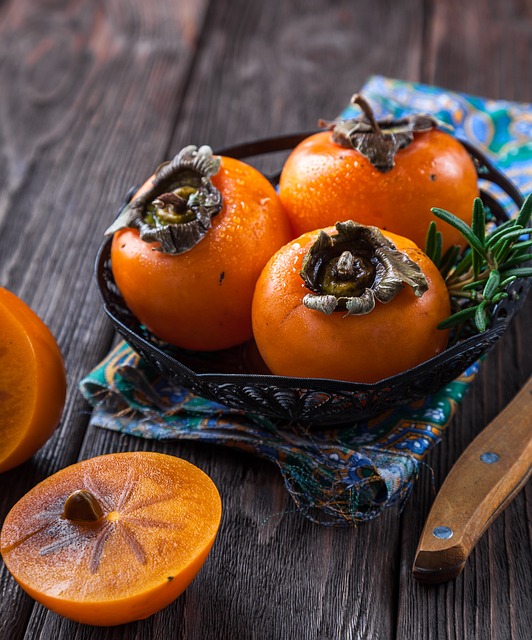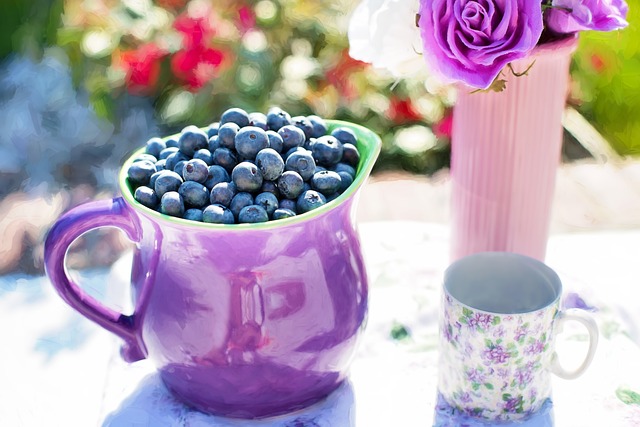Probiotic Power for Seniors: Enhancing Longevity and Vitality in Aging Populations
In recent years, there has been growing interest in the role of probiotics in improving overall health and well-being. Probiotics are live bacteria and yeasts that are beneficial for our digestive system. They are naturally present in some fermented foods, such as yogurt, sauerkraut, and kefir, and can also be taken as supplements.
While probiotics offer benefits to people of all ages, their potential impact on seniors is particularly significant. As people age, their digestive system undergoes changes, and the body becomes more susceptible to various health conditions. Probiotics can play a crucial role in enhancing longevity and vitality in aging populations.
The Gut Microbiota and Aging
The gut microbiota, a complex community of microorganisms residing in our digestive tract, plays a crucial role in maintaining overall health. As we age, the composition of the gut microbiota changes, with a decline in beneficial bacteria and an increase in harmful bacteria. This imbalance, known as dysbiosis, can have negative effects on digestion, nutrient absorption, immune function, and overall well-being.
By introducing probiotics into the diet, seniors can help restore a healthy balance of bacteria in their gut. Probiotics help replenish the population of beneficial bacteria, improving digestion, reducing inflammation, and strengthening the immune system.
Boosting Digestive Health
One of the key benefits of probiotics for seniors is the improvement of digestive health. Age-related changes in the digestive system can lead to common issues such as constipation, diarrhea, and irritable bowel syndrome (IBS). Probiotics can help alleviate these symptoms by promoting regular bowel movements and supporting a healthy gut environment.
Probiotic strains such as Bifidobacterium and Lactobacillus have been found to be particularly effective in preventing and managing gastrointestinal issues in seniors. Their ability to enhance the breakdown and absorption of nutrients can also support overall nutritional status, which is essential for maintaining vitality in aging populations.
Strengthening Immune Function
As we age, the immune system becomes less efficient, making seniors more susceptible to infections and diseases. Probiotics play a crucial role in strengthening the immune system, reducing the risk of respiratory tract infections, urinary tract infections, and other common illnesses.
Specific probiotic strains, such as Lactobacillus casei and Lactobacillus rhamnosus, have been shown to enhance immune responses in the elderly. Regular consumption of probiotics can help improve the gut barrier function and stimulate the production of antibodies, supporting overall immune function and reducing the risk of infections.
Promoting Mental Health
Another vital aspect of well-being in seniors is mental health. Research suggests that there is a connection between the gut and the brain, known as the gut-brain axis. Probiotics can influence this axis and have a positive impact on mood, cognition, and overall mental well-being.
Studies have found that some probiotic strains, such as Bifidobacterium longum and Lactobacillus helveticus, have potential anti-depressant and anti-anxiety effects. By reducing inflammation, supporting neurotransmitter production, and regulating stress hormones, probiotics can help combat age-related mental health issues and enhance cognitive function.
Choosing the Right Probiotic
When considering probiotic supplementation, it is essential to choose the right strain and formulation. Different probiotic strains offer varying benefits, and their effectiveness can differ depending on the individual’s unique needs.
Seniors should look for probiotic supplements that contain strains specifically studied for their benefits in aging populations. It is also crucial to ensure that the selected product has adequate colony-forming units (CFUs) to guarantee efficacy. Consulting with a healthcare professional or a registered dietitian can help identify the most suitable probiotic for individual needs.
Incorporating Probiotics into the Diet
In addition to supplements, seniors can incorporate probiotics into their diet by consuming foods rich in beneficial bacteria. Fermented foods like yogurt, kefir, kombucha,







